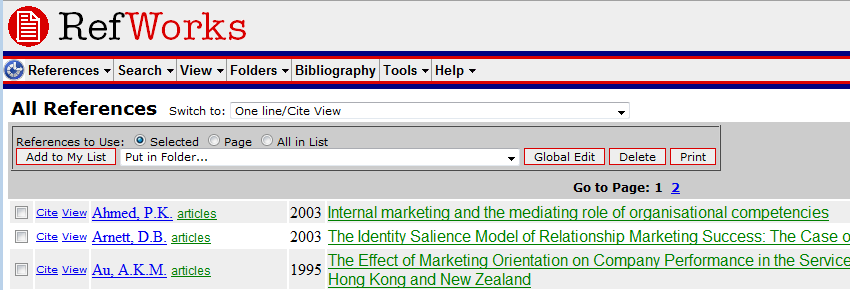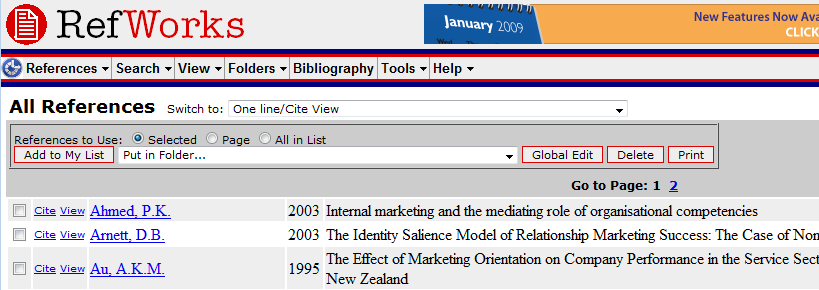Given that expecting motorists to manually start and stop their cars at traffic lights is impractical and unlikely to be widely adopted …
How can we stop our cars burning petrol while
- waiting for a traffic light to go green
- crawling in city traffic at less than 10km/h
Solution
- Fit cars with a controller that will automatically stop the engine when travelling at less than 10km/h and start it again when either the car is accelerating through 10km/h or when the battery power is about to be exhausted.
- Fit cars with batteries and electric motors that will start the car moving and drive the car up to 10km/h.
- Assume the cars have an automatic transmission and front wheel drive.
How it would work
- Waiting at a traffic light, the engine has been automatically switched off.
- When the light goes green and the accelerator pedal is pressed, the electric motors move the car forward while the engine is started.
- Once the engine is running, it takes over accelerating the car past 10km/h.
Pluses
- The batteries and motors can be much smaller than those required for fully hybrid drive.
- Cars could be retrofitted with this technology. A small battery pack in the boot (truck) and the rear wheels replaced with wheels with integrated motors and regenerative brakes for recharging the batteries.
What do you think?



